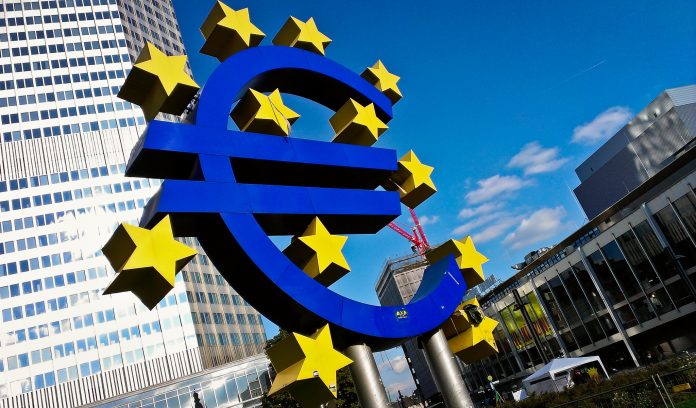The European Investment Stabilisation Function (EISF) is meant to be a political compromise that will bridge the gap between German intransigence on not wanting a Eurozone budget and French insistence on a eurozone crisis-fighting budget.
The Commission is to present the plan as a “first step,” The Times reported on Thursday.
The EISF will be distinct from the existing €500bn European Stability Mechanism (ESM) in that it is not meant to provide liquidity to countries that cannot borrow in international markets but offer an instrument for counter-cyclical policy measures. Loans extended through this mechanism will allow countries undergoing a temporary crisis – i.e. a banking crisis – to provide the economy with a short- term jolt, such as investment in infrastructure.
These loans will be “subsidised,” in the sense that interest payments will come from a share in the profit of national central banks incurred by the issue of banknotes. No single member state will be allowed to borrow more than 30% of the available capital.
The loan scheme will be open to eurozone members, but also aspirant members linked to the exchange rate mechanism. Among the keys to eligibility will be unemployment rate that must be higher than the 15-year average.
Weeks before a crucial EU Summit in Brussels, President Emmanuel Macron has yet to forge a consensus on his proposals for institutional reforms. France is leading an alliance of southern eurozone countries but faces a pushback from northern net-contributors to the EU budget, most prominently Germany, but also the Netherlands and Finland.
The Netherlands appear uncompromising, with Dutch prime minister Mark Rutte saying that he preferred structural reforms and sound budgets to “centralised bailout funds and printing more money.”

